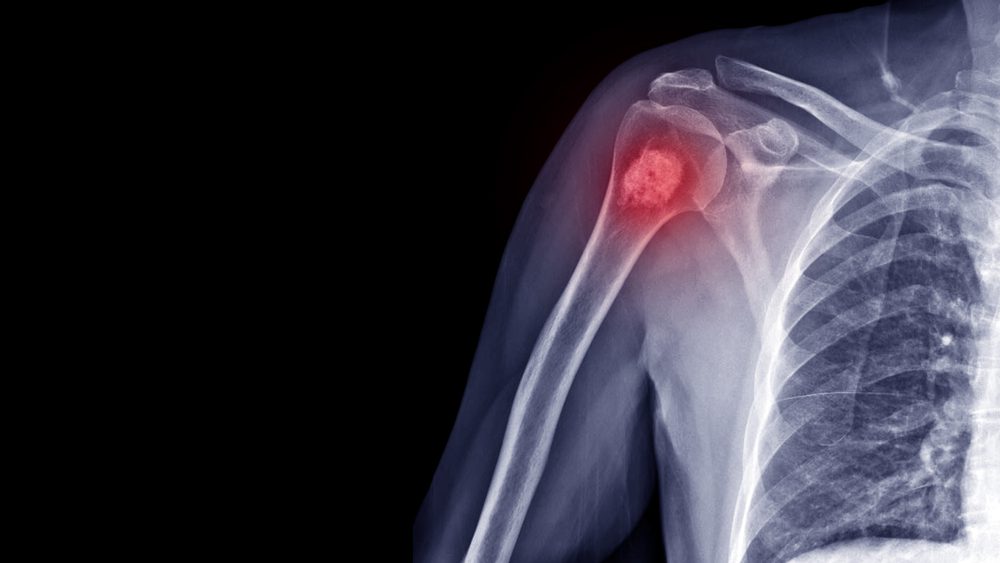People in the United States today may expect to live longer lives than ever before. As stated by the Centers for Disease Control and Prevention, after you reach the age of 65, you can expect to live another 19.3 years on average (CDC). For many people, senior life entails carefully managing chronic diseases in order to maintain their health.
Making good lifestyle choices, for example not smoking and decreasing weight, can help you minimize senior health hazards, but “you must also be physically active and consume a balanced diet.”
Having a geriatrician on your senior healthcare team, a doctor who specializes in the health problems of aging, can help you learn how to live better with any chronic conditions.
Then you may join the 41% of adults over 65 who say their health is very good or outstanding, according to the Centers for Disease Control and Prevention.
Most Common Health Issues Seniors Face

1. Arthritis
Arthritis is most likely the most common ailment that adults 65 and older face. According to the CDC, it affects 49.7% of all persons over the age of 65 and can cause discomfort and reduced quality of life in certain seniors.
Even though arthritis might make it difficult to be active, it is critical to collaborate with your doctor to design a specific exercise plan that, together with other treatments, can help preserve senior health.
2. Heart Disease
As stated by the Centers for Disease Control and Prevention, heart disease is still the top cause of mortality among persons over the age of 65, accounting for 489,722 deaths in 2014.
According to the Federal Interagency Forum on Aging-Related Statistics, heart disease affects 37% of men and 26% of women 65 and older as a chronic illness. As people become older, they’re more likely to have risk factors like high blood pressure and high cholesterol, which raise their risks of having a stroke or developing heart disease.
“Get some exercise, eat well, and get a good night’s rest,” doctors advise for treating this senior health risk, which may assist with heart disease as well as general senior health. Eating healthily entails following a well-balanced and nutritious diet in order to maintain a healthy weight.
3. Cancer
According to the CDC, cancer is the second highest cause of death among those over the age of 65, accounting for 413,885 deaths in 2014. According to the CDC, 28% of men and 21% of women over the age of 65 have cancer.
Many kinds of cancer are curable if detected early with screenings such as mammography, colonoscopies, and skin checks.
And, while you can’t always avoid cancer, you can enhance your quality of life as a senior living with cancer, particularly during treatment, by collaborating with your medical team and following their healthy senior living suggestions.
4. Respiratory Diseases
Chronic lower respiratory disorders, such as chronic obstructive pulmonary disease (COPD), are the third leading cause of mortality among those 65 and older, accounting for 124,693 deaths in 2014.
As stated by the Federal Interagency Forum on Aging-Related Statistics, around 10% of men and 13% of women over the age of 65 have asthma, while 10% of men and 11% of women have chronic bronchitis or emphysema.
Although having a chronic respiratory disease raises senior health risks by making you more susceptible to pneumonia and other infections, getting lung function tests and taking the appropriate medication, or using oxygen as directed, will go a long way toward preserving senior health and your quality of life.
5. Alzheimer’s Disease
According to the CDC, Alzheimer’s disease killed 92,604 adults over the age of 65 in 2014. According to the Alzheimer’s Association, one in every nine persons aged 65 and older, or about 11%, has Alzheimer’s disease, but because diagnosis is difficult, it’s impossible to tell how many people have this chronic condition.
Nonetheless, experts agree that cognitive impairment has a substantial influence on senior health across the board, from concerns of safety and self-care to the financial burden of care, whether at home or in a nursing home.
6. Osteoporosis
Osteoporosis can make you less mobile and perhaps paralyzed if you fall and break a bone or your vertebral body collapse.
According to the National Osteoporosis Foundation, 54 million Americans over the age of 50 have low bone density or osteoporosis, placing them at risk for a fracture or break, which might lead to poor elder health and a lower quality of life.
7. Diabetes
According to the CDC, diabetes affects 25% of persons aged 65 and over, posing a serious senior health concern. Diabetes claimed the lives of 54,161 persons over the age of 65 in 2014, according to the Centers for Disease Control and Prevention.
Diabetes may be detected and treated early by using basic blood sugar testing. The sooner you realize you have diabetes or are at risk for it, the sooner you may begin making adjustments to control the condition and enhance your long-term senior health outlook.
8. Influenza and Pneumonia
Even though the flu and pneumonia are not chronic diseases, they are among the top eight causes of mortality in persons over the age of 65, according to the Centers for Disease Control and Prevention. Seniors are more sensitive to these illnesses and have fewer defenses against them.
To avoid these diseases and their life-threatening consequences, senior healthcare guidelines include receiving an annual flu vaccination and, if advised by your doctor, obtaining the pneumonia vaccine.
9. Falls
With age, the likelihood of a fall necessitating emergency department treatment rises. According to the CDC, 2.5 million adults aged 65 and over are treated in emergency rooms each year due to falls.
According to research published in the August 2015 issue of the American Journal of Emergency Medicine, one-third of persons who go to the emergency department for a fall may return within a year. Also, keep in mind that the majority of falls occur at home, where tripping hazards such as area rugs and slick bathroom floors might occur.
10. Substance Abuse
According to studies done by the National Epidemiologic Survey on Alcohol and Related Conditions, one in every five adults over the age of 65 has struggled with drug or alcohol misuse at some time in their lives. Alcohol and cigarettes were the most often misused nonmedical drugs among survey respondents.
Substance and alcohol misuse are a problem for senior health because of potential interactions with prescription medications, their influence on general health, and the increased senior health risks associated with intoxication, such as falls.

























